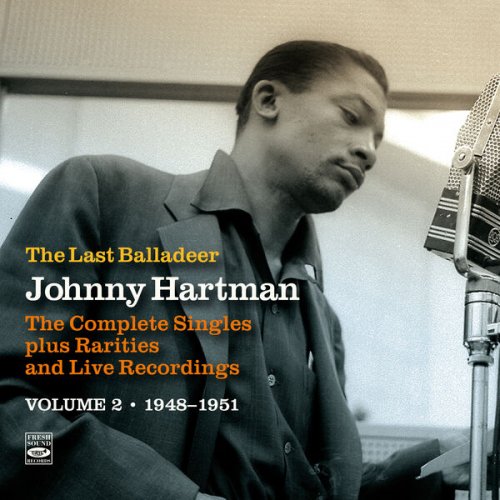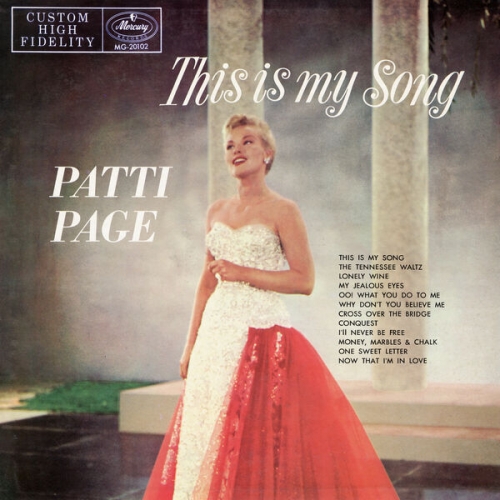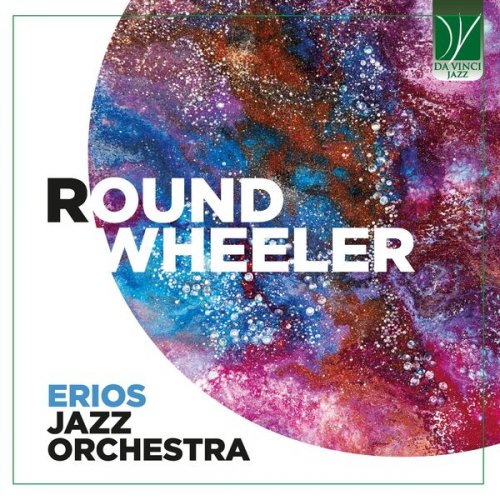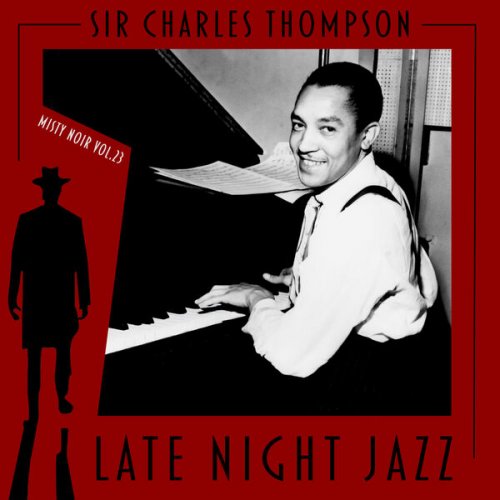Nikolai Lugansky, Vadim Repin - Janacek, Grieg, Franck: Violin Sonatas (2010)
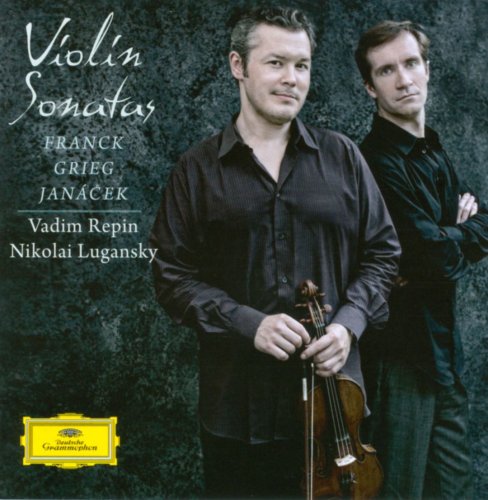
Artist: Nikolai Lugansky, Vadim Repin
Title: Janacek, Grieg, Franck: Violin Sonatas
Year Of Release: 2010
Label: Deutsche Grammophon
Genre: Classical
Quality: FLAC (tracks)
Total Time: 01:03:36
Total Size: 352 Mb
WebSite: Album Preview
Tracklist: Title: Janacek, Grieg, Franck: Violin Sonatas
Year Of Release: 2010
Label: Deutsche Grammophon
Genre: Classical
Quality: FLAC (tracks)
Total Time: 01:03:36
Total Size: 352 Mb
WebSite: Album Preview
Janacek - Sonata For Violin And Piano
01. 1. Con Moto
02. 2. Ballada (Con Moto)
03. 3. Allegretto
04. 4. Adagio
Grieg - Sonata For Violin And Piano In G major, Op.13 (1867)
05. 1. Lento Doloroso - Poco Allegro - Allegro Vivace
06. 2. Allegretto Tranquillo
07. 3. Allegro Animato
Franck - Sonata For Violin And Piano In A major
08. 1. Allegretto Moderato
09. 2. Allegro
10. 3. Recitativo-Fantasia
11. 4. Allegretto Poco Mosso
Performers:
Vadim Repin, violin
Nikolai Lugansky, piano
Vadim Repin suggests in the booklet’s notes that he and Nikolai Lugansky chose a program for their first studio recording together that mimics a recital in this case, that would be a sonata recital. This sonata the introductory passage, Lento doloroso , of Edvard Grieg’s Second Sonata displays in the duo’s performance a haunting poignancy that their energetic reading of the movement proper hardly dispels. Jascha Heifetz also recorded this sonata, rather than the more popular Third (RCA finally released a version of that sonata, with Emanuel Bay, which the Master had withheld) but his reading sounds driven. Repin and Lugansky rise to impassioned statement even before the end of the movement in climactic passages throughout. Their playful interplay in the second movement and in the opening of the finale recalls similar qualities in Fritz Kreisler and Sergei Rachmaninoff’s celebrated performance of the Third Sonata; Repin manages to scale his personality back a bit in the finale’s delicately sensitive interlude—nearly equaling Kreisler in Gemütlichkeit —before charging into the closing passages.
Repin describes César Franck’s sonata as the program’s centerpiece, although he positions it last. Be that as it may, the opening of the first movement alone reveals the extent to which the duo has gone to characterize Franck’s idiom. Beside this richly redolent reading, Isaac Stern’s with Alexander Zakin, which displays a similar intensity, sounds almost straightforward in both violin and piano parts. In the second movement, Repin enters with the eruptive force of Vesuvius, but although he maintains the flow of lava throughout the Allegro’s more explosive passages, he and Lugansky re-create the first movement’s meditative atmosphere in others. Although the Recitativo-Fantasia scales the heights, it’s perhaps most notable in this reading for introspection. And the canonic finale, leisurely at the beginning of this performance, eventually parts the clouds, revealing sunlit recollections of the Recitativo.
If the sonata recital as a genre has truly come and gone, this one by Repin and Lugansky shows that there’s still vitality left in it, as well as in its repertoire. Repin’s playing recalls the large personalities of violinists of the golden age, but his collaboration with Lugansky seems more productive; the older violinists often chose to play with what they might have taken as rather mere accompanists. Urgently recommended. -- Robert Maxham
Repin describes César Franck’s sonata as the program’s centerpiece, although he positions it last. Be that as it may, the opening of the first movement alone reveals the extent to which the duo has gone to characterize Franck’s idiom. Beside this richly redolent reading, Isaac Stern’s with Alexander Zakin, which displays a similar intensity, sounds almost straightforward in both violin and piano parts. In the second movement, Repin enters with the eruptive force of Vesuvius, but although he maintains the flow of lava throughout the Allegro’s more explosive passages, he and Lugansky re-create the first movement’s meditative atmosphere in others. Although the Recitativo-Fantasia scales the heights, it’s perhaps most notable in this reading for introspection. And the canonic finale, leisurely at the beginning of this performance, eventually parts the clouds, revealing sunlit recollections of the Recitativo.
If the sonata recital as a genre has truly come and gone, this one by Repin and Lugansky shows that there’s still vitality left in it, as well as in its repertoire. Repin’s playing recalls the large personalities of violinists of the golden age, but his collaboration with Lugansky seems more productive; the older violinists often chose to play with what they might have taken as rather mere accompanists. Urgently recommended. -- Robert Maxham
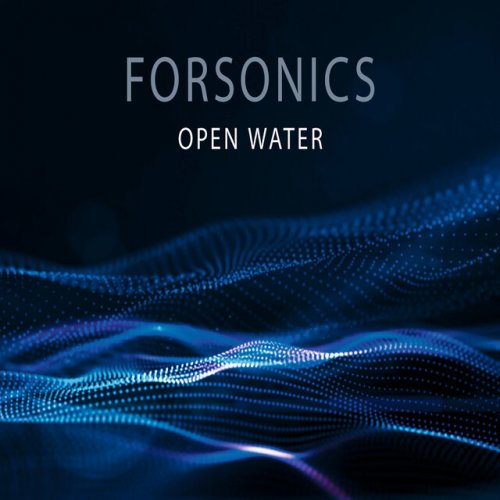
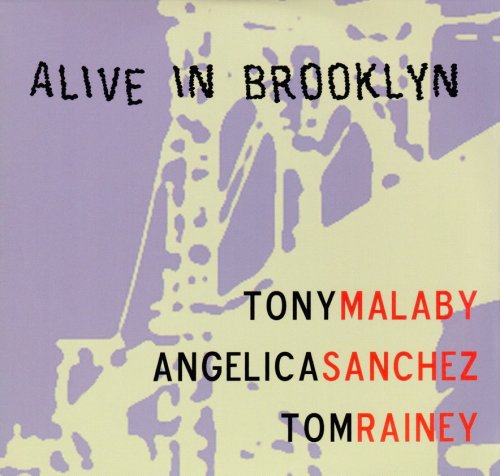
![Vince Guaraldi & Bola Sete - From All Sides (Remastered 2026) (1965) [Hi-Res] Vince Guaraldi & Bola Sete - From All Sides (Remastered 2026) (1965) [Hi-Res]](https://www.dibpic.com/uploads/posts/2026-02/1772124624_cover.jpg)

